Armenian phobias and European speculations A demarche for big money
Today, on April 25, the High Representative of the European Union for Foreign Affairs and Security Policy, Kaja Kallas, visited Azerbaijan. Armenian media are eagerly discussing this event.
Meanwhile, in the European Parliament, a group of pro-Armenian deputies staged a real demarche, unleashing harsh and unfounded criticism against Kallas.
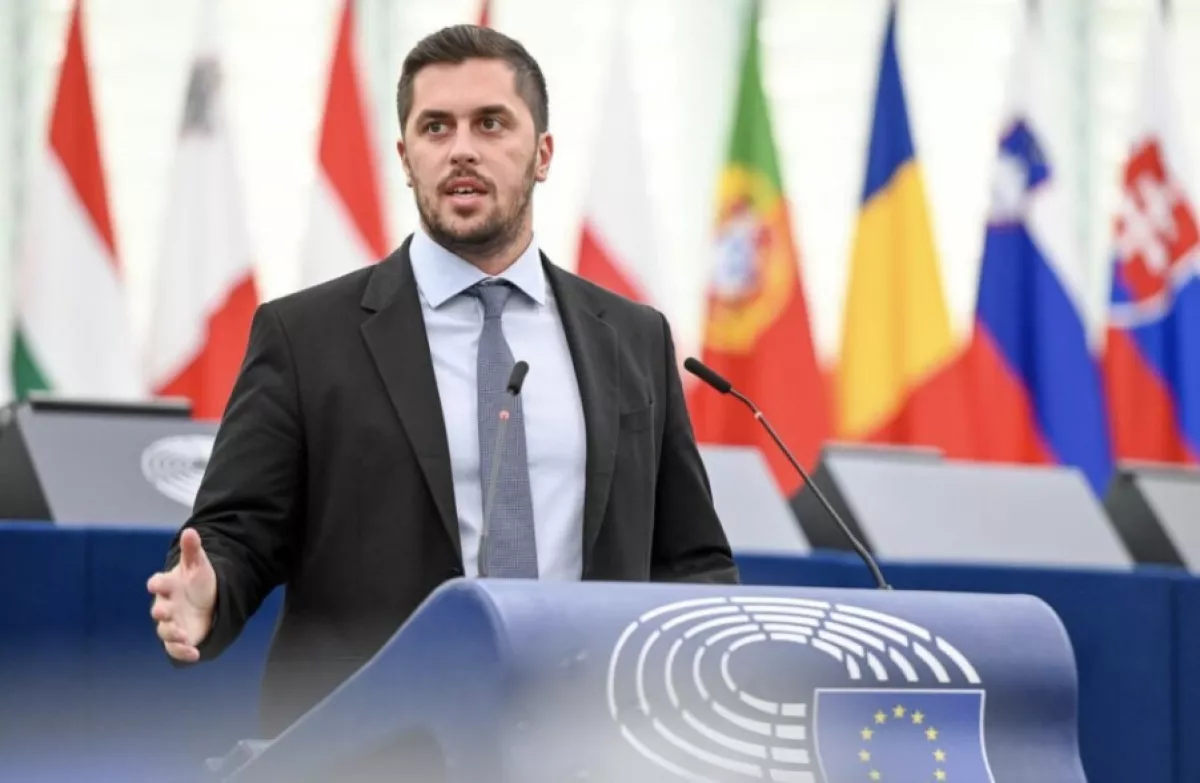
Among Armenia’s European friends, Greek MEP Fragkos Emmanouil Fragkoulis stood out in particular. He posted an overly emotional message on his X account: "Armenia chooses democracy, adopts EU accession law, faces threats-yet the EU foreign policy chief visits autocratic Azerbaijan instead. Why reward the aggressor and ignore the reformer? Kaja Kallas, what message are you sending to democratic Armenia that defends its lands against Azerbaijan?"
Notably, Fragkoulis is not the only Greek advocating for Armenia's interests. An openly anti-Azerbaijani and anti-Turkish stance is also prevalent within the Greek Parliament itself. In essence, Fragkoulis’s comments align with Greece’s broader position on the matter. One need only recall that back in 2022, former Greek Foreign Minister Nikos Dendias made a provocative statement following a meeting with his Armenian counterpart Ararat Mirzoyan in Athens, declaring that Greece and Armenia support each other on issues such as the events of 1915, the “Pontic Greeks question,” Karabakh, and Cyprus. On the eve of the so-called “110th anniversary of the Armenian genocide,” Speaker of the Hellenic Parliament Nikitas Kaklamanis also issued a provocative statement.
Other members of the European Parliament took to X to launch similarly harsh and unfounded criticism of Kaja Kallas, dutifully echoing the talking points paid for by the Armenian lobby.
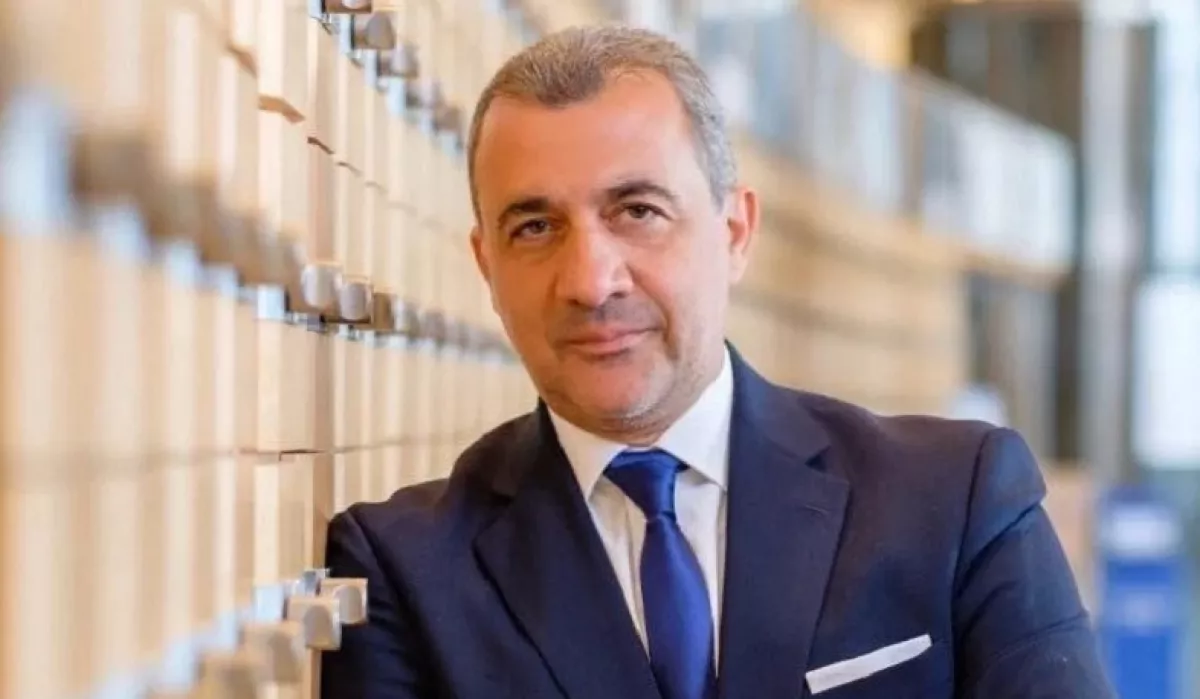
Member of the European Parliament from Cyprus, Loucas Fourlas, wrote: “The planned visit of European Commission Vice-President Kaja Kallas to Azerbaijan on April 25 raises serious concerns. This visit comes amid Azerbaijan’s continued cross-border violence, the illegal detention of Armenian civilians, and open threats against the EU Mission in Armenia.”
This gentleman has long been on the payroll of the Armenian lobby. Back in November 2020, Armenian media enthusiastically reported that Fourlas, then head of the Armenia-EU Friendship Committee, planned to appeal to the EU demanding immediate action "in response to Azerbaijan's aggression against Artsakh."
Simply put, Fourlas—like many of his fellow MEPs—has chosen to wage a campaign against Azerbaijan in exchange for generous financial injections from the Armenian lobby.

A similar stance was taken by French National Assembly deputy Isabelle Santiago and Spanish parliamentarian Francesc-Marc Álvaro, who also launched baseless criticism against Kaja Kallas over her visit to Azerbaijan.

It comes as no surprise that this smear campaign against Azerbaijan, now unfolding within the EU, has drawn in a long-time servant of global Armenian interests—Spanish MP Jon Iñarritu.
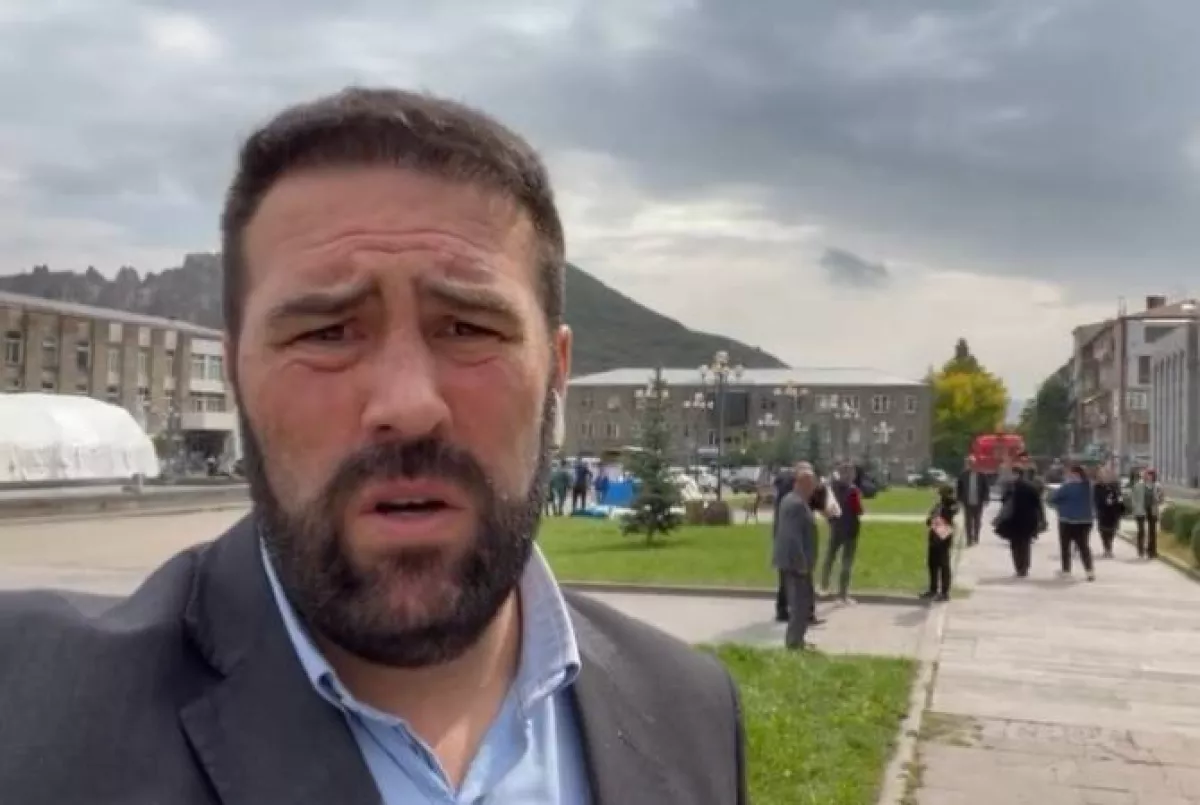
Notoriously known for his Turkophobic views, the Basque politician has rightfully earned a disreputable image as a defender of Armenian separatism. And there’s no shortage of evidence. Here’s just one example:
In March 2024, Iñarritu proposed “targeted sanctions against individuals or organisations responsible for the destruction of Armenian historical and cultural heritage in Karabakh,” expressing frustration over the lack of sanctions imposed on Azerbaijan for what he referred to as the “ethnic cleansing of the Armenian population of Karabakh from 2020 to 2023.”
For his "outstanding services," Iñarritu was even decorated by his separatist Armenian friends. In 2022, during his visit to Armenia, he was awarded the Mkhitar Gosh Medal by order of Arayik Harutyunyan, the leader of the separatist regime in Karabakh. Earlier, in November 2020, the Spanish Congress approved Iñarritu’s motion to send humanitarian aid to Karabakh and to halt arms sales to Azerbaijan.
One could hardly expect that the shameful campaign against Kaja Kallas would go ahead without the involvement of outspoken Armenophile Nathalie Loiseau, who declared: "Dear Kaja Kallas, going to an autocracy which keeps on threatening its neighbour without going to Armenia in the same trio is a mistake. Baku targets an EU member state with malign interference and sides with Russia, when democratic Armenia looks towards Europe."
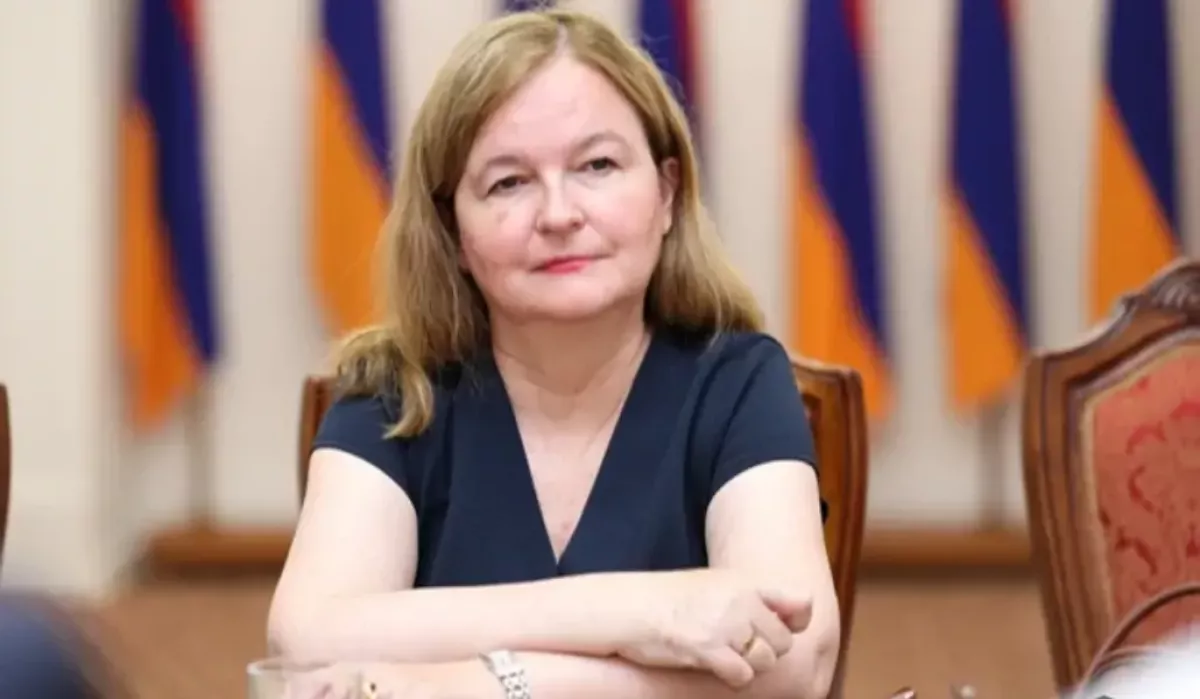
Loiseau is a seasoned purveyor of anti-Azerbaijani rhetoric and an ardent Armenophile. A striking example of her bias was her outraged reaction on X a couple of years ago to a historical note posted by former Azerbaijani Ambassador to France, Rahman Mustafayev. The note referenced the fact that the Zangezur region was unlawfully transferred to Armenia in December 1920 to support the newly installed Armenian communist government in Yerevan.
"Beyond the fact that the Nagorno-Karabakh conflict remains unresolved and flares up at every opportunity, Azerbaijan sees great opportunities in it and clearly doesn’t intend to stop or be content with what it has achieved. Who will stop it, and who will protect Armenia? Can’t we monitor multiple crises at once?" Loiseau wrote at the time, throwing herself into pro-Armenian propaganda in an attempt to mislead the international community.
One of the many entries in Loiseau’s record of service to the global Armenian cause includes her trip to the Lachin road in June 2023—a move widely seen as a gesture of solidarity with Armenian separatists.
Previously, Loiseau had actively advocated for the deployment of an expanded EU mission on Armenian territory along the de facto border with Azerbaijan, ostensibly to "deter further attacks by Baku."
Her stance aligns not only with pro-Armenian sentiments but also with the official policy of her country—France—which, throughout the Armenian occupation of Azerbaijani lands and during the 44-day war, openly supported Armenia’s aggression in defiance of international law. It is therefore no surprise that Loiseau’s openly hostile attitude toward Azerbaijan intensified dramatically following Armenia’s defeat in the Second Karabakh War.
Finally, in the context of the large-scale anti-Azerbaijani propaganda campaign coinciding with the EU foreign policy chief’s visit to Baku, we should also note the position of former Bundestag member Michael Roth, who questioned Kaja Kallas: "You visit the authoritarian regime in Baku + avoid democracy in Yerevan. While Azerbaijan rejects our values, Armenia moves closer to the EU. What's the state of strategic thinking in Brussels?"
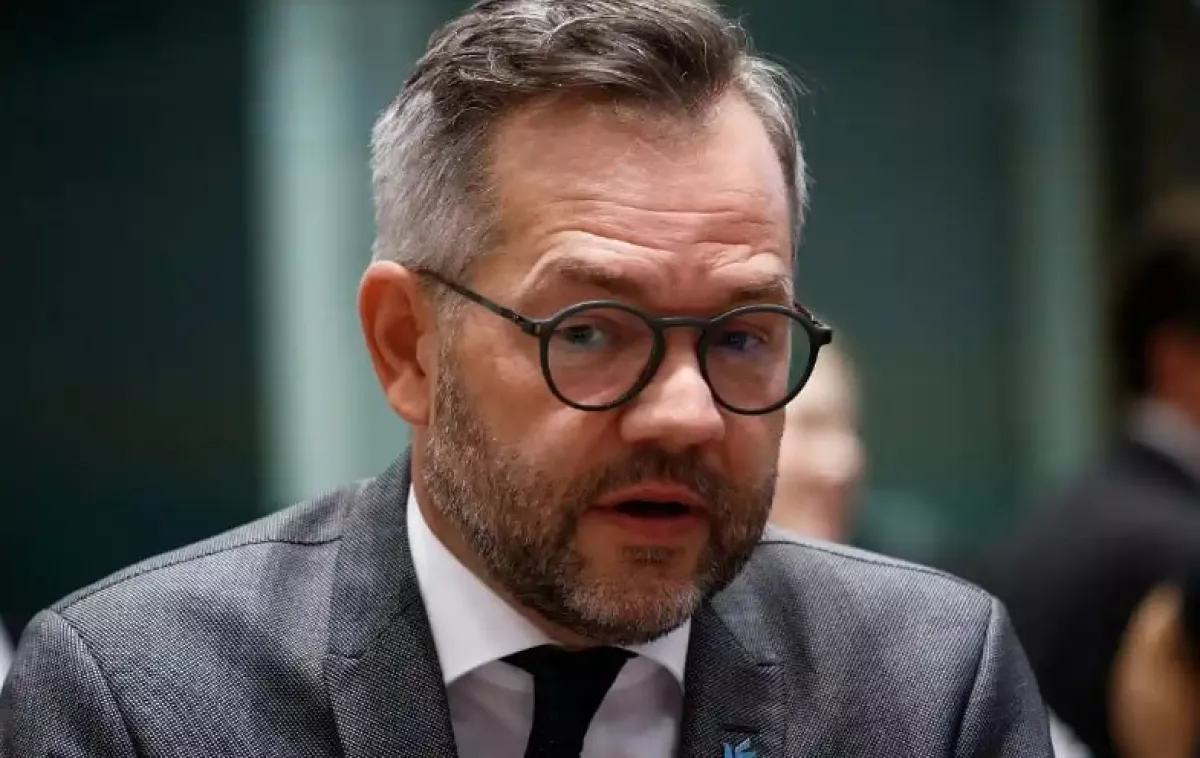
Roth, it seems, is unaware that Europe’s demand for Azerbaijani energy resources will only continue to grow — and when that happens, the Old Continent will have little time or patience for the whims of an inconspicuous Armenia.
Thus, the hysterical outcry that erupted in the European Parliament and several national legislatures over Kaja Kallas’s visit to Azerbaijan once again confirms that the financial interests of corrupt individuals often outweigh any notions of diplomatic ethics or adherence to international law.
This reality not only discredits the European Parliament but also highlights serious flaws within the European Union itself.
First and foremost, it is yet another display of the hypocrisy and double standards that Azerbaijan has long faced — dating back to the years of occupation of its territories.
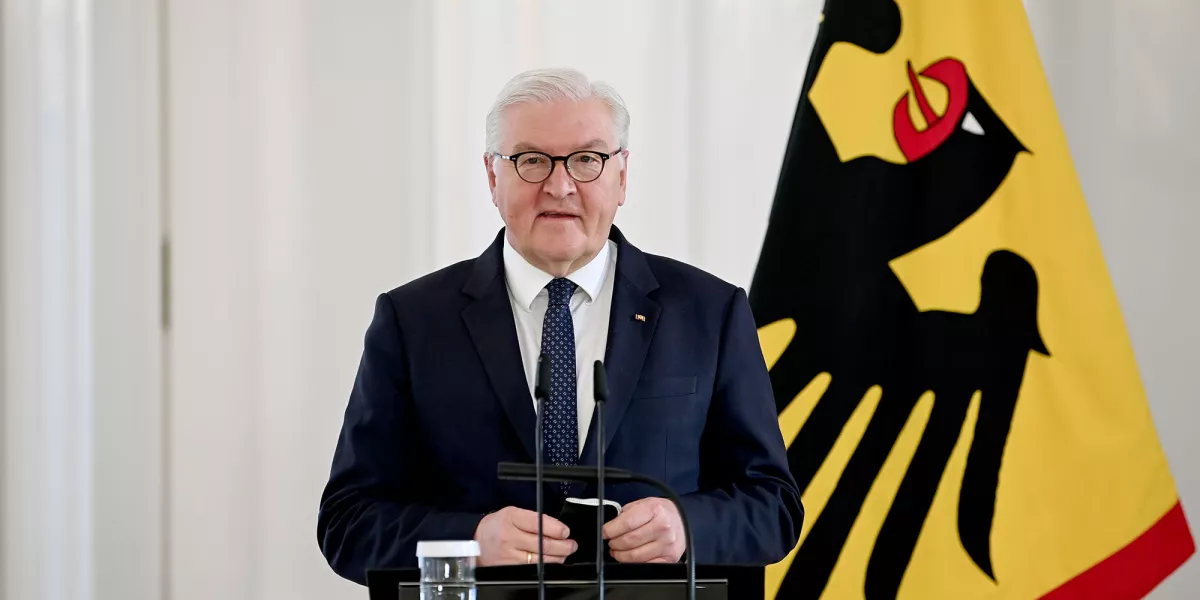
Secondly, the Armenian side’s anxieties over Kaja Kallas’s visit to Baku stem from the prospect of deepening EU-Azerbaijan cooperation — especially since Kallas chose to visit Baku rather than Yerevan. Earlier in April, German Federal President Frank-Walter Steinmeier had informed his Armenian counterpart Vahagn Khachaturyan that Kallas would soon travel to Armenia. Yet the anticipated visit by the EU’s top diplomat to Yerevan never materialised.
Thirdly, Kallas’s trip to Baku coincided with the anniversary of the so-called “Armenian Genocide” — a date that the Armenian lobby predictably seized upon to stir political sentiment and manipulate public discourse.
But yet another political gambit by the Armenian side will not derail the growing cooperation between Baku and the European Union. No pro-Armenian manoeuvres in the European Parliament or the Parliamentary Assembly of the Council of Europe will stand in the way when Azerbaijan’s national interests are at stake.
In short — the dog barks, but the caravan moves on.








